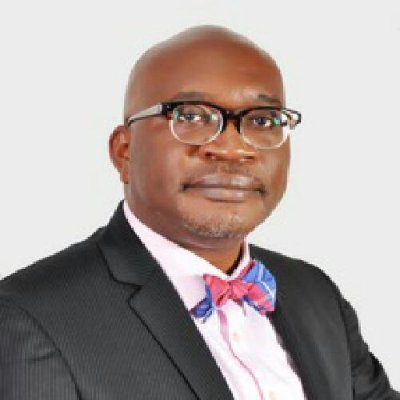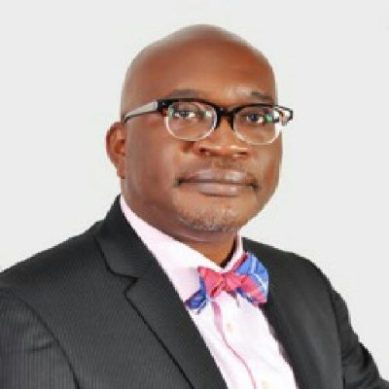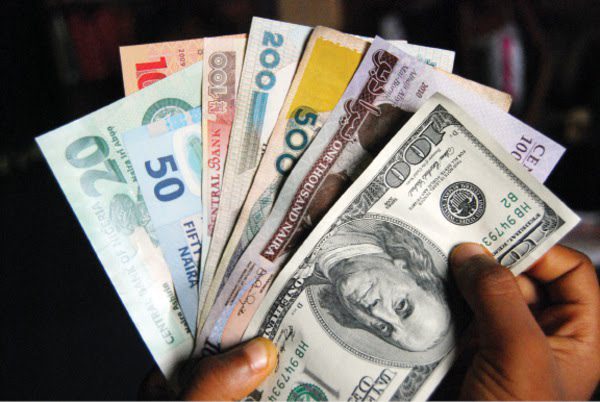National Issues
Curbing Nigeria’s Personal Sector -By Soji Apampa


Soji Apampa
A personal sector driven by patronage lacks the kind of philosophical and ideological vision and orientation that is committed to developing a model society. Individuals sold out to this sector have no dream for the collective beyond the satisfaction of their personal desires.
The personal sector is defined as that part of the economy made up of individuals and their incomes and expenditures, as opposed to those of private or public sector entities. It is arguable that this invisible sector is the largest since it is made up solely of the same individuals to be found in the private, public and third sector (Civil Society). What is interesting about the personal sector in Nigeria is that patronage networks heavily influence the larger proportion of incomes and expenditures flowing through it. Those controlling the bulk of Nigeria’s resources are arguably also the most connected. The patronage networks are complex, inter-connected webs of relationships that permeate Nigerian society built on common interest issues such as religion; tribe; culture; ‘old boys’ associations; social, business and professional clubs; secret cults and fraternities and so on.
Patronage networks create deontic powers – relating to or expressing moral duty or obligation so strong, at times, that individuals within such groups prioritise the demands of their groups over the formal rules and demands of the private, public or civil society entities to which they belong. These informal institutions also provide unparalleled support, encouragement, rights, privileges, financial aid and protections leaving the individual feeling a greater sense of belonging and allegiance to their group than to what might appear to them a more nebulous concept – like the Federal Republic of Nigeria. Could this be why many do not feel like co-citizens with others who merely share the geography called Nigeria and would rather band with and be loyal to other forms and clusters of groupings?
A personal sector driven by patronage lacks the kind of philosophical and ideological vision and orientation that is committed to developing a model society. Individuals sold out to this sector have no dream for the collective beyond the satisfaction of their personal desires. This creates a system where corruption flourishes at the expense of state building or worse, development. Civil servants/public officials occupy bureaucratic positions not necessarily to deliver on public goods and services or represent citizens but to amass personal wealth and status – items vital to maintaining their standing within their patronage networks.
But not all patronage networks are corrupt and it is not necessarily a bad thing to have strong informal networks so the alternative should also be considered – acting to strengthen the power of the state beyond the power of patronage networks or to do both where possible.
One might say, surely patronage networks also exist in other societies without having the same effect – why is it so obviously different in the case of Nigeria? I suggest that individuals are rational and would submit and swear allegiance more readily to whichever is the stronger between their networks and the state. So, in today’s USA, one can expect citizens to feel a sense of belonging to the powerful state but in South Sudan, the sense of belonging may be first to some patronage network before the state. So in Nigeria, who controls ideology or what its inhabitants think and believe? Is it the state or some other network like the Church (Christian, Muslim etc.)? Who controls the vast financial and natural resources in Nigeria? Is it the state or are there other groupings that you need to belong to in order to get a share? Who controls the use of force in Nigeria? Is this really a monopoly of the state or are there other power blocs? Finally, who controls the direction of State Policy? Is it for sale? Or does it truly flow from the mandate of the people?
If patronage networks are really the engines driving the expansion of Nigeria’s personal sector and by and large, corrupt influences drive the patronage system, then it follows that until and unless we curb the power of the personal sector we will not be able to effectively curb corruption. But not all patronage networks are corrupt and it is not necessarily a bad thing to have strong informal networks so the alternative should also be considered – acting to strengthen the power of the state beyond the power of patronage networks or to do both where possible.
The biggest effort in the fight against corruption will be in recognising the need for the individual to be brought into the efforts to curb corruption as the personal sector represents the demand side of corruption.
President Muhammadu Buhari appears to have chosen to act to empower the state whilst simultaneously acting to curb the excesses of certain patronage networks. He has chosen the best option but one that will require strenuous effort and may be both difficult and tiring. This is not something the administration can do alone – there is need for partnering. An error of previous regimes in the fight against corruption has been to make it a fight centred within the public sector aimed at stopping the supply side of corruption also assumed to be within the public sector. This has tended to turn citizens and other non-state actors into spectators who then feel no stake in and no need to be part of the fight except a member of their particular group is touched, whereupon they grow hostile against the move and act to protect their own. This is perhaps what led Nuhu Ribadu to the conclusion that, “when you fight corruption, corruption fights you back”.
The biggest effort in the fight against corruption will be in recognising the need for the individual to be brought into the efforts to curb corruption as the personal sector represents the demand side of corruption. Mr. President needs to recruit Civil Society, the Private Sector and the International Community into the war as early as possible.
Soji Apampa, the co-founder of The Integrity Organisation, can be reached at Twitter: @sojapa, and email: soji.apampa@integritynigeria.org.


















